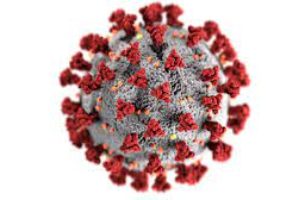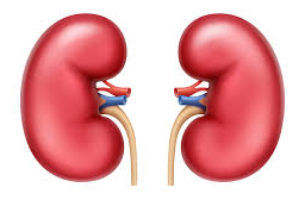List of previous medical schools in the UK Some of the standalone medical schools below no longer exist. Some exist as part of mergers (some merged more than once). Charing Cross (London) – 1821-1984. In 1984, Westminster and Charing Cross merged to form the Charing Cross and Westminster Medical School. In 1997, Imperial College School […]
Read MoreList of medical schools in the UK There are currently 47 medical schools in the UK, registered with the GMC. Four are in the planning stage, so there will be 51 medical schools. Of the current forty-seven medical schools, there are thirty-seven medical schools in England, five in Scotland, three in Wales and two in […]
Read MoreHistory of medical schools in the UK In this article we will describe the history of medical schools in the UK. The first medical school in the United Kingdom was established at the University of Edinburgh in 1726. This was followed by Glasgow in 1744, although the school was without a teaching hospital until 1794. […]
Read MoreHow to apply to medical school Getting into medical school in the UK is not easy. This article summarises 7 things you need to do. We will emphasise the long training, and need to have an empathetic and caring character, as well as determination. These are the 7 things you need to do Achieve high […]
Read MoreWhat does a positive COVID lateral flow test (LFT) look like? Answer: two lines – even faint lines – indicate the test is positive. Positive lateral flow test (LFT) result If you have two lines (one next to C and one next to T), your lateral flow test is positive – like the one below on […]
Read MoreWhat fruit is low in calories? In this article we suggest 10 types of low-calorie fruit. Here are 10 fruits that are familiar to us every day. Not only contain many nutrients and minerals, but if eaten in the right amount, at the right time, these fruits also help you lose weight. 1. Plum – […]
Read MoreHow to perform a breast examination – a simple medical student guide Start Wash hands Introduce yourself and include your role Ensure you have the correct patient, and they understand what will be happening and if they consent You MUST have a female chaperone Ask the patient to undress and step out if needed Position […]
Read More5 facts about hospitals There are 215 hospital groups (called ‘trusts’; including 10 ambulance trusts) in the NHS. The actual number of hospitals is unknown, partly as it hard to define a hospital There are (about!) 141,900 available beds – but this changes every day The number of beds is decreasing The number of beds […]
Read MoreHow to examine the kidneys – and urinary system Urinary anatomy and physiology Urinary tract The kidneys are two bean-shaped organs located on either side of the spine, just below the rib cage. They are about the size a palm: 12 (10-14) cm long, 6 cm wide and 3 cm deep, and weigh about 150g. […]
Read More10 CKD (chronic kidney disease) facts In this article, we will describe 10 facts about CKD. It is primarily for health professionals Key Points Chronic Kidney Disease (CKD) is defined as a Gradual loss of kidney function over time, or .. Structural abnormality of the kidneys, with normal renal function. CKD is not a diagnosis. […]
Read More






